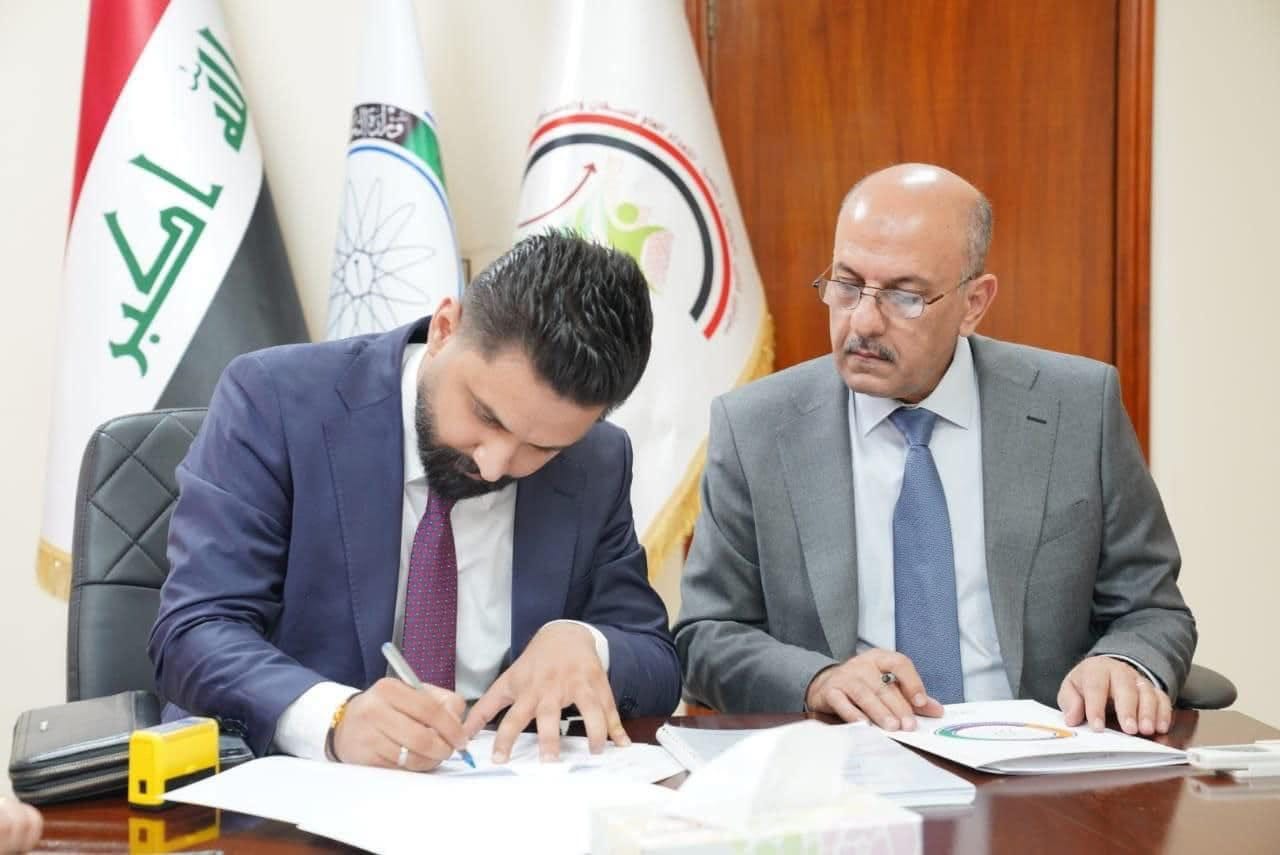Will Iraq conduct a national census this year?
The government body responsible for conducting Iraq’s first population census in 27 years insists that it will take place this November. However, past delays and postponements cast doubt on whether there is sufficient political will to get it done.
Earlier this month, the Statistics and Geographic Information Systems Authority (ASGIS) announced that it h…


